Researchers use efficient microbial electrosynthesis cells to convert CO2 to butyric acid; upgrade to butanol
Green Car Congress
AUGUST 21, 2023
Researchers from University of Girona (Spain) successfully used electrically efficient microbial electrosynthesis cells (MES) to convert CO 2 to butyric acid. mA cm −2 , the study achieved an average production rate of 14.5 At an applied current of 1.0 g m −2 d −1 of butyric acid. V and an electric energy requirement of 34.6

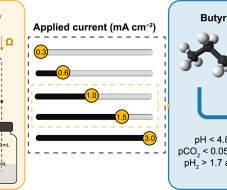

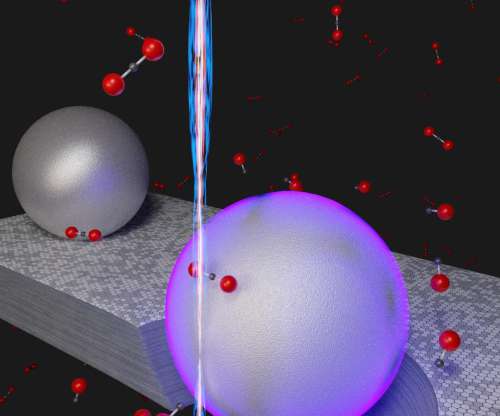




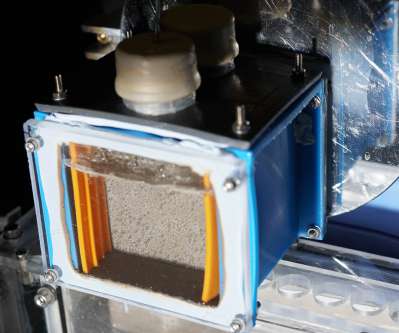


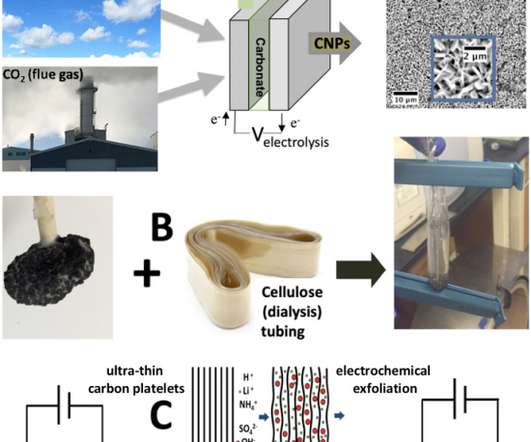


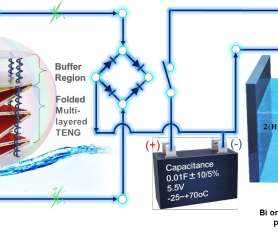


























Let's personalize your content